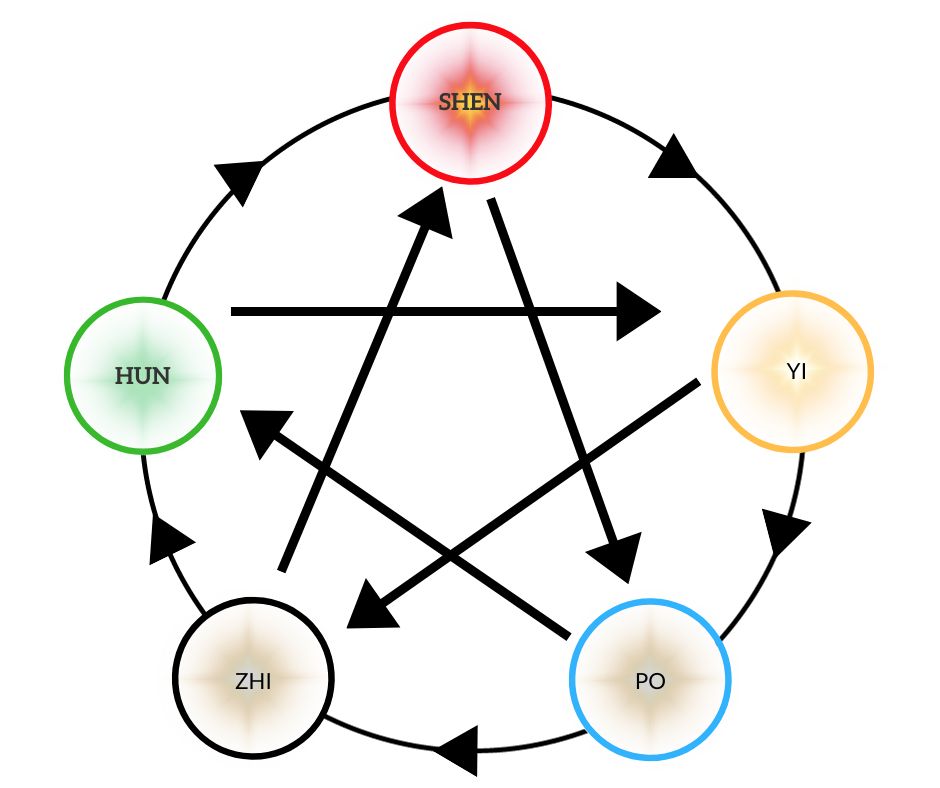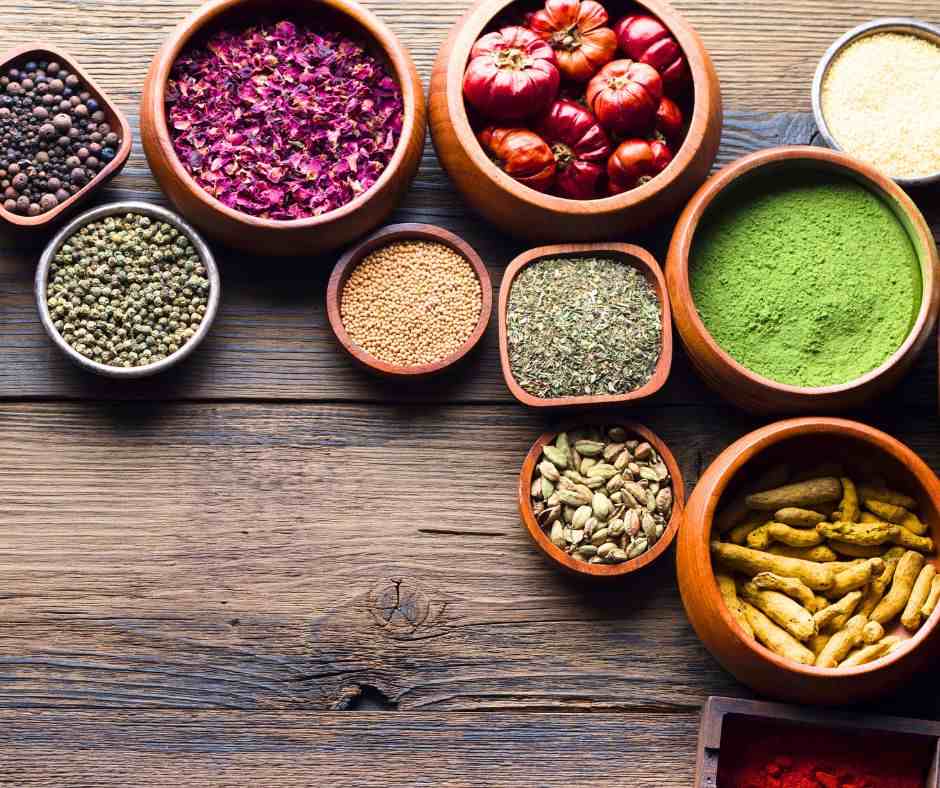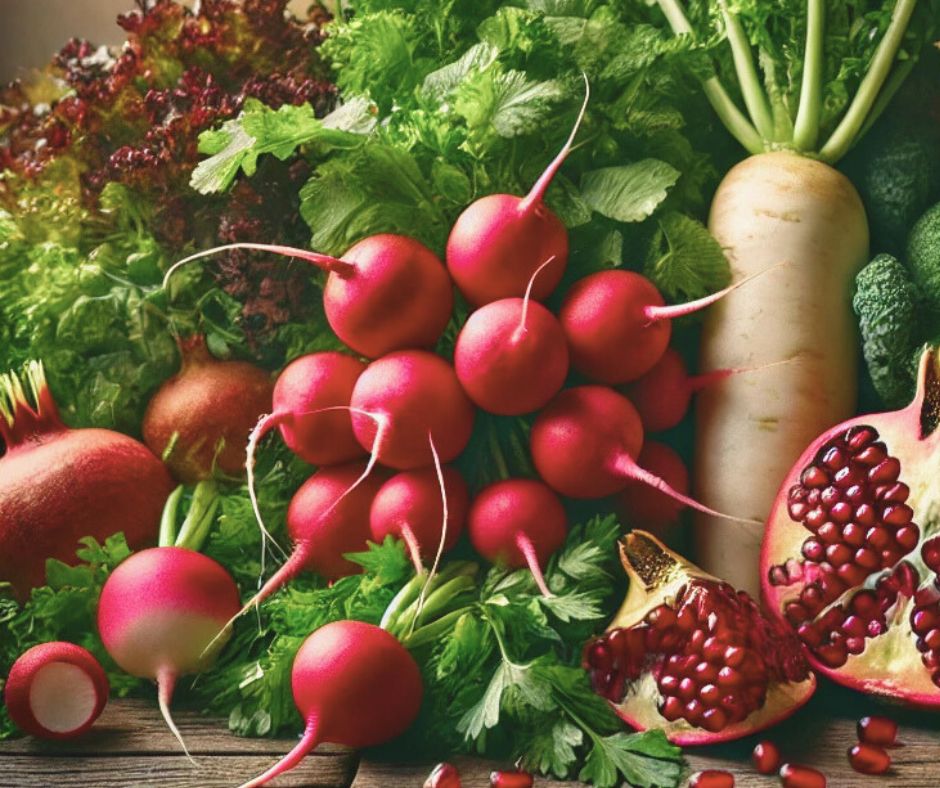Within Chinese medicine and Taoist philosophy, there is a unique concept known as the “Five Spirits”. The five spirits of the Zhi, Hun, Shen, Yi and Po are a model to understand the profound interconnection of body, mind, and spirit recognized in these systems. These spirits are essentially types of consciousness and they can be cultivated and supported.
The Five Spirits of Chinese Medicine and Taoist Philosophy
The function behind each of the five spirits is intricately tied to specific Chinese characters, each bearing unique meanings that contribute to a deeper understanding of their essence. These concepts can be very complex, but let’s look at the characters and a few attributes associated with each spirit to learn more.
The Zhi - The Will
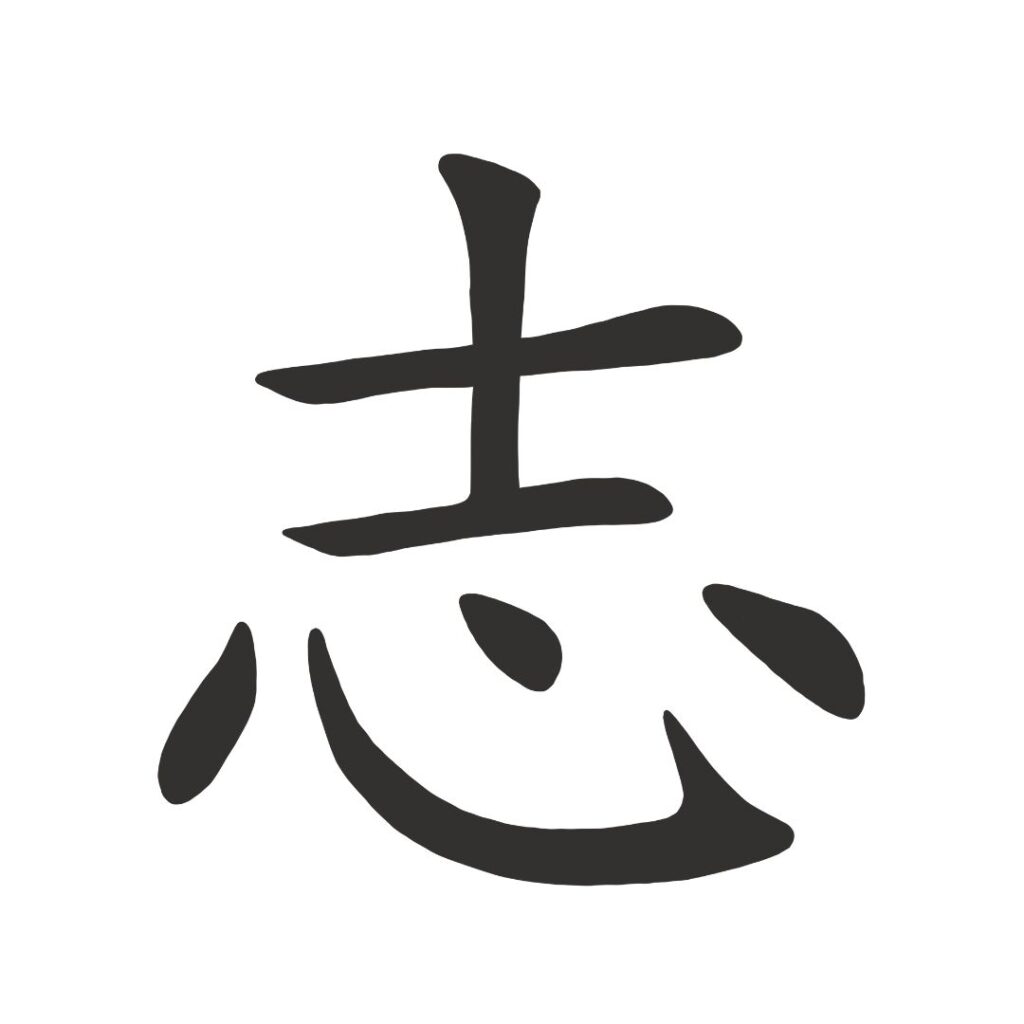
The Zhi is linked to the energetic Kidneys and is usually translated as “will” or “volition.” It represents our determination and drive.
The character for Zhi comprises the radical for “heart” below a radical that indicates directional movement. This character illustrates the connection between the heart and the will, emphasizing the role of determination and purpose in shaping one’s path. The combination implies that when we are balanced the will can express the heart’s desire.
A healthy Zhi manifests as a strong sense of purpose, resilience, and the ability to apply measured effort. Imbalance can lead to issues such as depletion, lack of motivation, or fearfulness.
The Hun - The Ethereal Soul
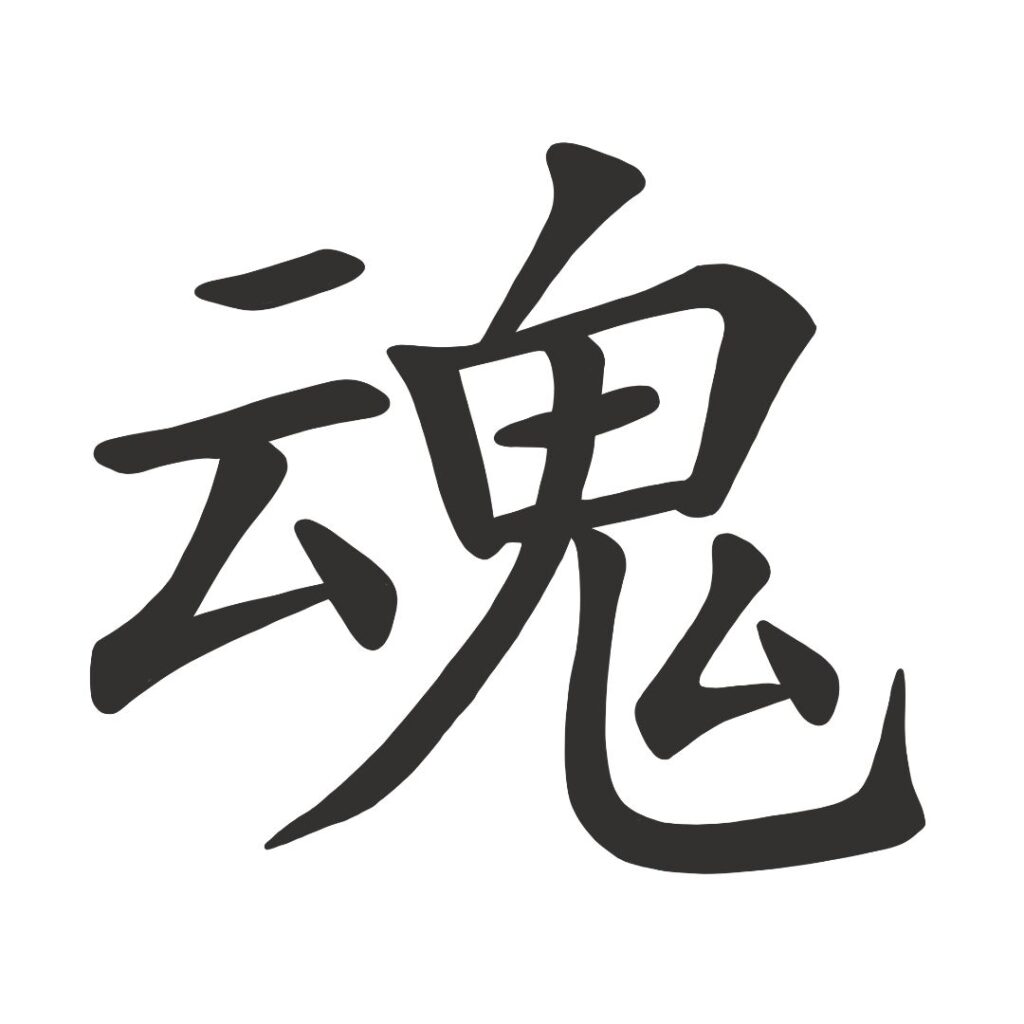
The Hun represents the ethereal soul associated with the Liver. It is considered responsible for our ability to plan, make decisions, and engage in long-term projects.
The character for the Hun combines the radical for “ghost” or “spirit” with the radical for “cloud”. This composition symbolizes the ethereal nature of the soul as something intangible, like something that moves like a cloud. The character also captures the idea that the Hun leaves the body during sleep and is connected to the realm of dreams.
When the Hun is in balance, it contributes to a sense of purpose, creativity, and direction in life. Imbalances, however, can result in issues such as frustration, indecisiveness, or a lack of vision.
The Shen - The Spirit
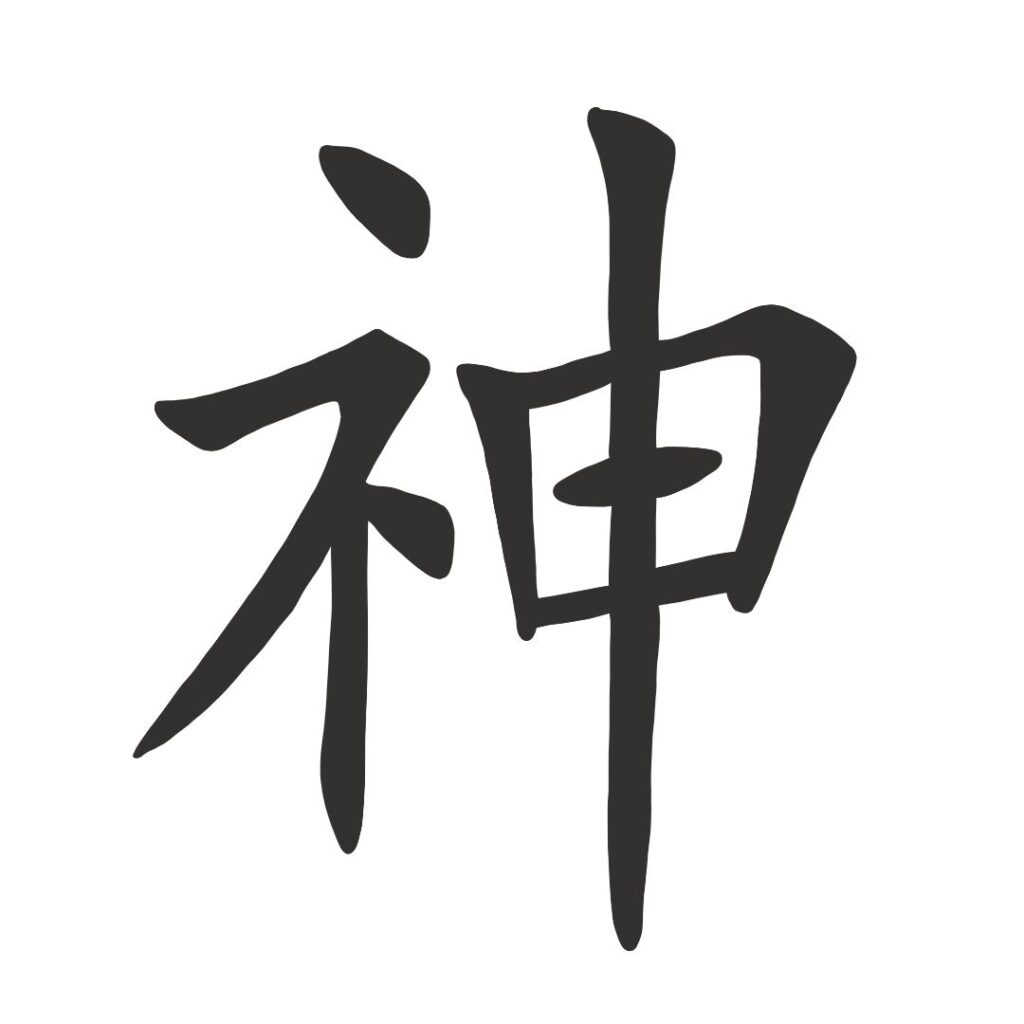
The Shen is often translated as “spirit” or “mind” and is associated with the Heart. It is considered the most closely connected to consciousness and awareness.
The character for Shen combines the concepts of a “divine alter” or “heaven” reaching downward. This reflects the divine essence within a person, emphasizing the connection between the spiritual and human realms. The character conveys the idea that the spirit resides within, shaping consciousness, awareness, and the higher aspects of the mind.
A balanced Shen results in mental clarity, emotional stability, and a strong sense of purpose. Disturbances to the Shen can manifest as anxiety, restlessness, or even more severe mental health issues.
The Yi - The Intellect
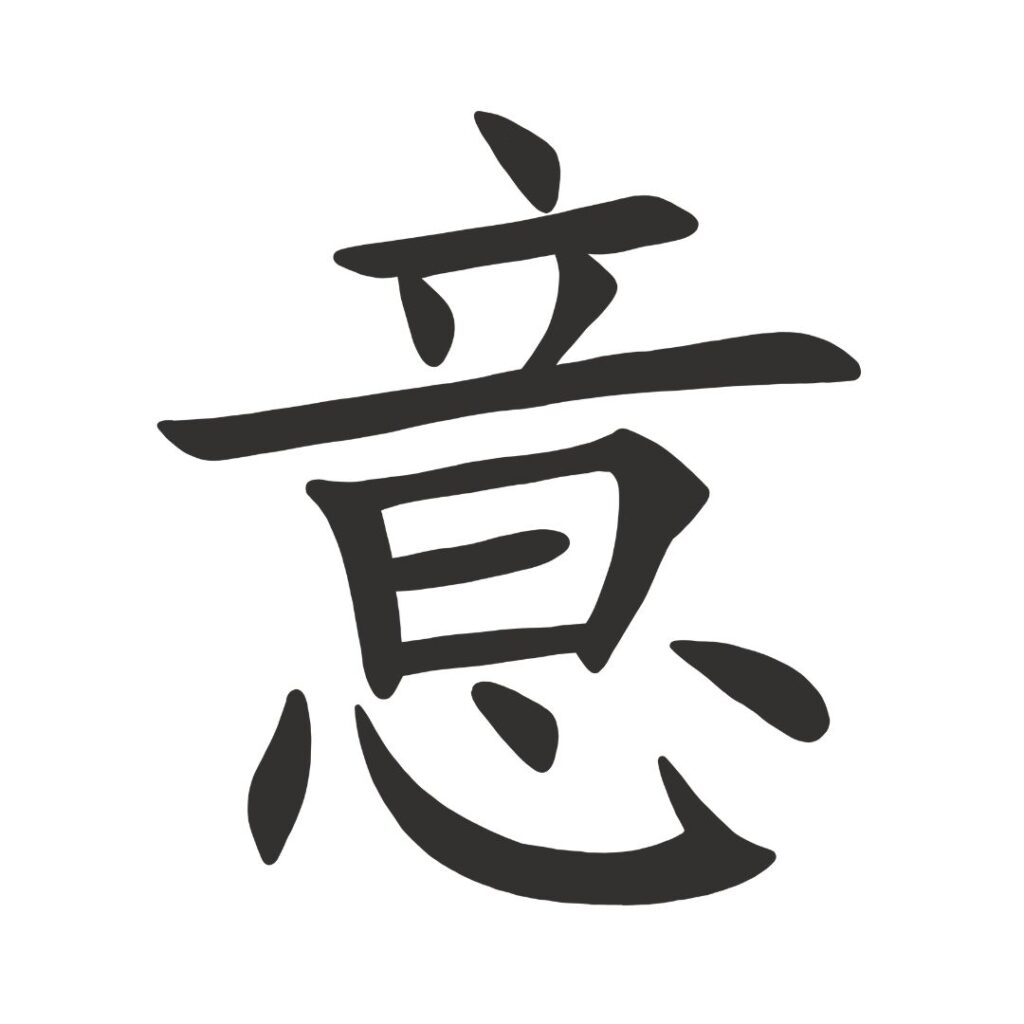
The Yi is associated with the Spleen and is often translated as “intention” or “thought.” It represents our capacity for focused thinking, intentionality, and mindfulness.
Yi consists of the radicals for “heart” and “sound” while also implying “idea”. This character visually links intention and thought with the Heart, suggesting that there is no clear-cut separation between Heart and Mind.
In Chinese medicine, a balanced Yi contributes to mental clarity and the ability to concentrate. When the Yi is imbalanced, it may manifest as excessive worry, overthinking, or difficulty making decisions.
Learn more about supporting the Spleen with Food and Herbal Medicine
The Po - The Corporeal Soul
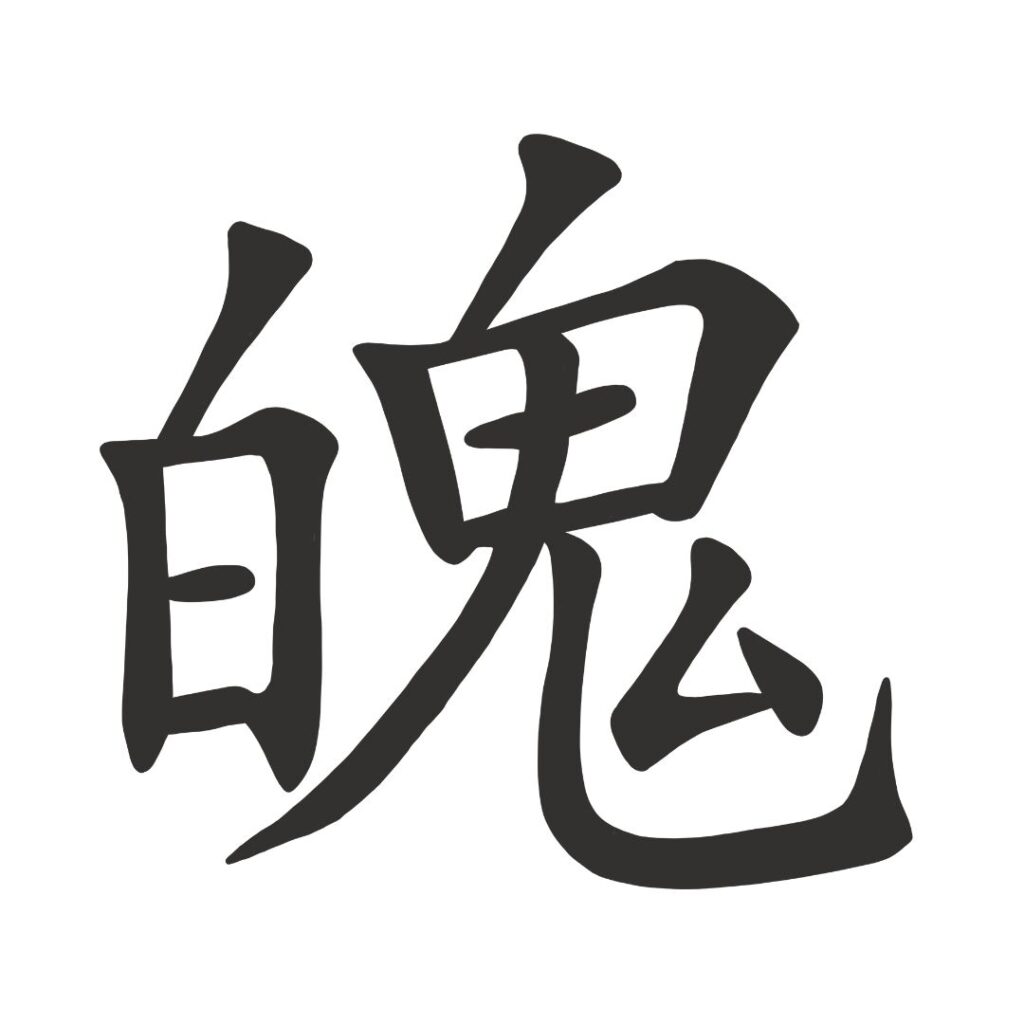
The Po is associated with the Lungs and represents the corporeal soul or the animalistic aspect of human nature. It is closely tied to the physical body and its instincts, desires, and survival mechanisms.
Po combines the same radical for “ghost” or “spirit” as Hun with the radical for “white”. This character visually suggests the corporeal nature of the soul, associated with the physical body. The addition of “white” implies a brightness or luminosity, highlighting the vitality and essence of the corporeal soul within the human form.
In Taoist philosophy, the Po is believed to disperse upon death, returning to the earth. Balancing the Po involves harmonizing our physical and emotional needs with our spiritual aspirations. An imbalance of the Po may manifest as issues related to the body, such as chronic illness or overindulgence in sensory pleasures, excess grief, or breathing troubles.
Learn about the Lung and Large Intestine meridians connected to the Po.
Understanding the characters associated with these five spirits or states of consciousness adds a visual and linguistic layer to the philosophical concepts of Chinese medicine as it relates to emotions and the psyche.
I hope you enjoyed this exploration into the intricate symbolism embedded in Chinese medicine!

